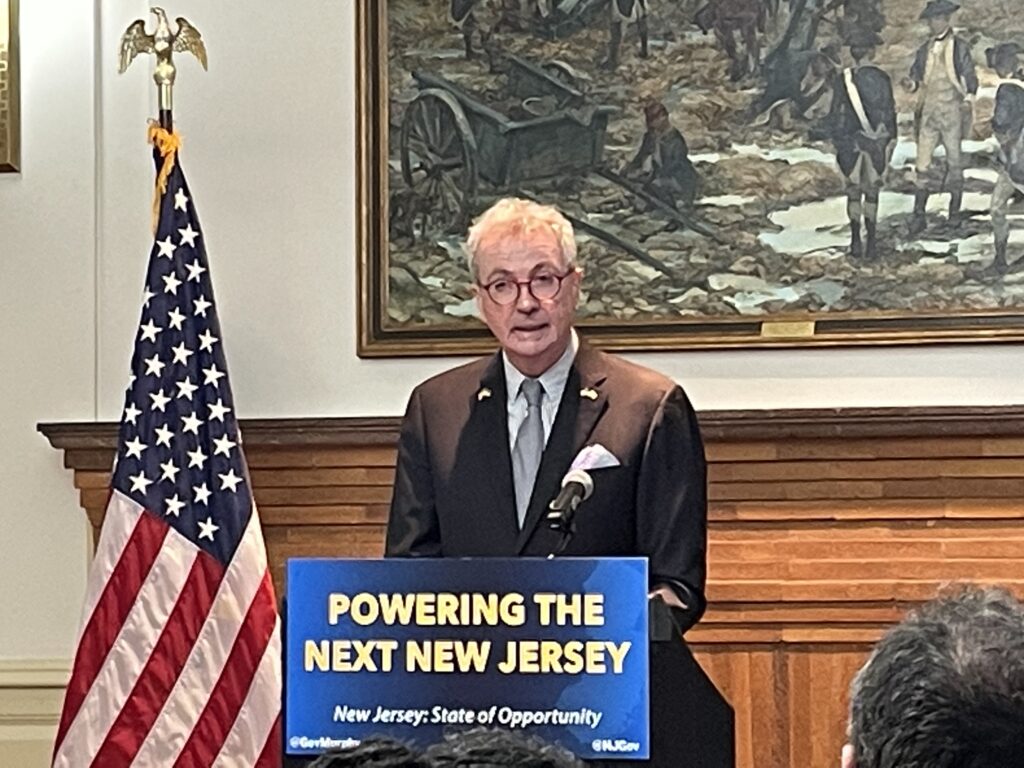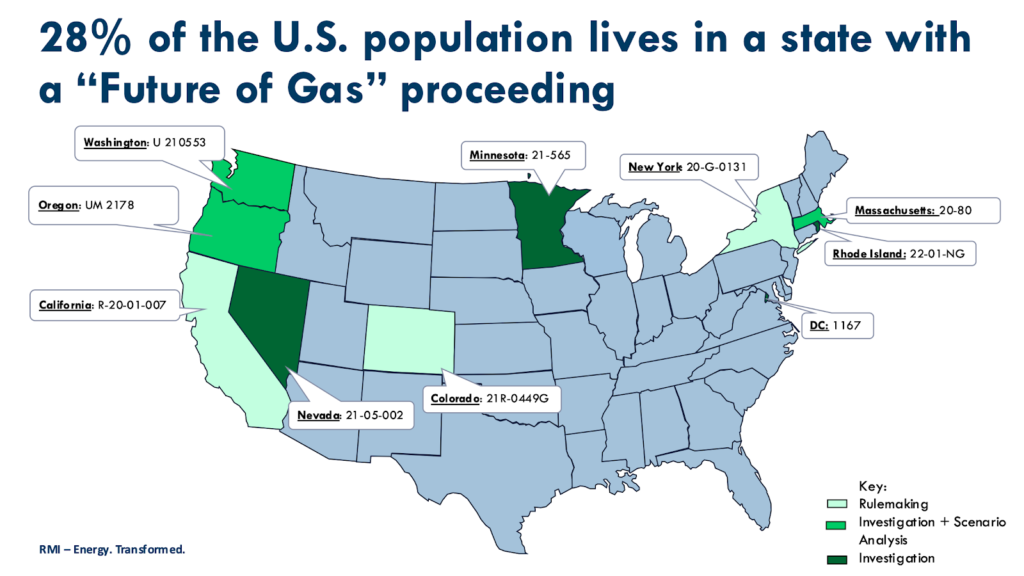News
NJ Conservation Foundation Applauds Gov. Murphy’s Actions To Accelerate Transition To Clean Energy
Feb 15, 2023
FAR HILLS, NJ — NJ Conservation Foundation and ReThink Energy NJ today applauded Gov. Phil Murphy’s announcement of actions to accelerate New Jersey’s transition to clean energy.
“With these strong actions, Gov. Murphy is continuing his leadership to address the climate crisis, create a prosperous clean energy economy with good jobs, and make our communities healthier, especially those historically overburdened by pollution,” said Tom Gilbert, co-executive director of NJ Conservation Foundation and director of the ReThink Energy NJ campaign. “By smartly tapping into significant new federal climate funding, New Jersey can accelerate progress while ensuring an affordable transition to clean energy.”
The governor’s announcement comes at a time when billions of federal dollars are being invested in clean electricity, electric heat pumps for heating and cooling buildings and electric vehicles.
Among the actions taken by the governor were the signing of executive orders to require the state to have 100% clean electricity by 2035, to ramp up programs to electrify buildings by 2030, and to direct the Board of Public Utilities to begin planning the future of natural gas utilities.

Clean Electricity Standard
In addition to signing the executive order to require the state to have 100% clean electricity by 2035, Murphy expressed support for the Clean Energy Act of 2023, sponsored by Sen. Bob Smith (D-17), which would establish a clean electricity standard of 100% by 2035 in statute and provide the policy framework to remove greenhouse gas emissions from electricity.
According to Gilbert, the timing is right to take advantage of massive federal investments in clean electricity enacted last year that deeply discounts all clean electricity resources for New Jersey, making the state’s carbon-free electricity goals cheaper to achieve on a faster timeline. Thanks to these new federal investments, New Jersey can increase its clean electricity goals to 100% by 2035 while ensuring costs to state customers are comparable to or lower than what they have paid in recent years.
Achieving 100% clean electricity by 2035 helps ensure faster and deeper reductions in emissions of greenhouse gasses and other pollutants that harm our health and neighborhoods, with the greatest impacts on overburdened communities.
Building Electrification
The governor established a goal to electrify 400,000 residential units and 20,000 commercial units by 2030, taking advantage of massive federal rebates and loans estimated at $700 million to support electrifying buildings in New Jersey. This means that more families — especially those in low- and moderate- income households — will be able to choose clean, modern electric appliances to heat and cool buildings while reducing their energy bills. It is expected that consumers will increasingly choose electric heat pumps because of their superior ability to improve comfort in the winter and provide highly efficient air conditioning in the summer.
The shift from gas heating systems to clean, highly efficient electric heat pumps is already underway, and will accelerate as federal funding ramps up.
“Electrifying buildings not only helps to reduce harmful greenhouse gas emissions but enables New Jersey families and businesses to improve their comfort, health and save on their energy bills,” Gilbert said.
Switching from gas heating systems to efficient heat pumps will save money for every household. At today’s rates, for households using gas, switching to heat pumps will save between $250 and $600 a year, while switching from propane and fuel oil will save thousands each year.
Future of gas
The “future of gas” proceeding will protect low- and moderate-income households from rapidly escalating and unaffordable gas rates over the coming decade. In taking this step, New Jersey joins nine states that have undertaken some type of “future of gas” assessments and planning processes. Energy workers are vital to the green economy and will be critical participants in planning the future of gas utilities.

Explore More
The State
We're In
